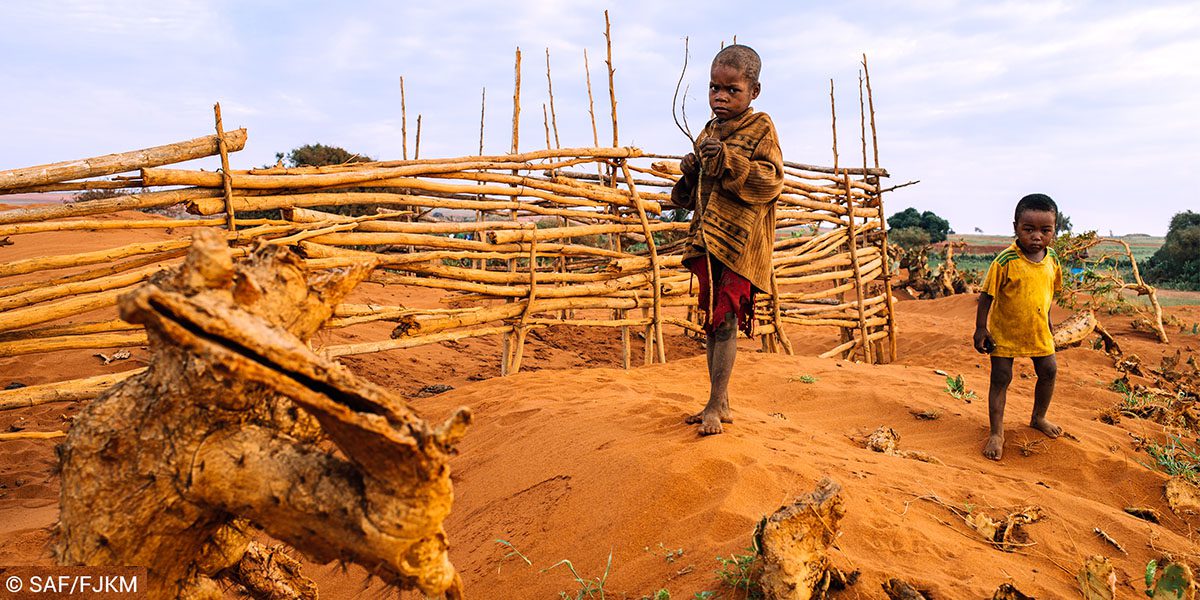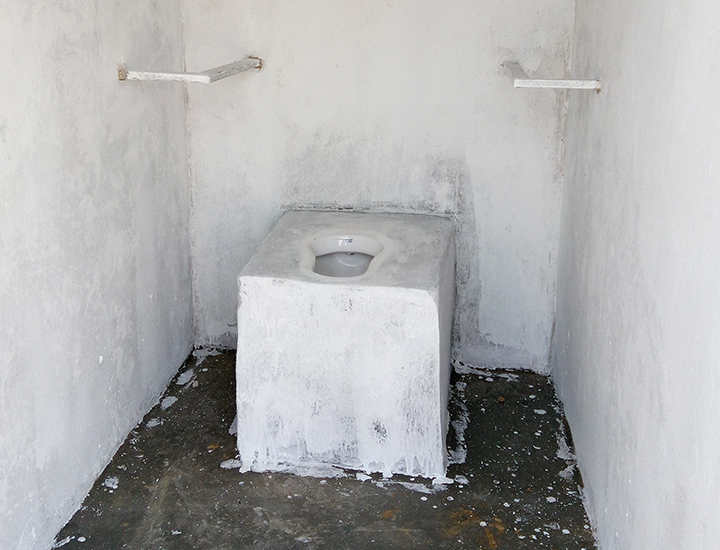What is World Water Day?
Held each year on March 22nd, World Water Day (WWD) is an annual United Nations observance coordinated by UN-Water that focuses on the importance of freshwater. World Water Day celebrates water and raises awareness of the 2.2 billion people living without access to safe water.
Imagine the only water you have access to is deadly – contaminated from animal excrement, home to parasites and water-borne diseases. Safe water is a basic human right, not a privilege. Sadly, access to safe water is not possible for a lot of people living in some of the poorest places on earth. And it’s even more difficult for people with disabilities.
You can help people with disabilities gain access to safe, clean drinking water. Please send an urgent and generous tax-deductible donation today to ensure no child or adult dies from dirty water.
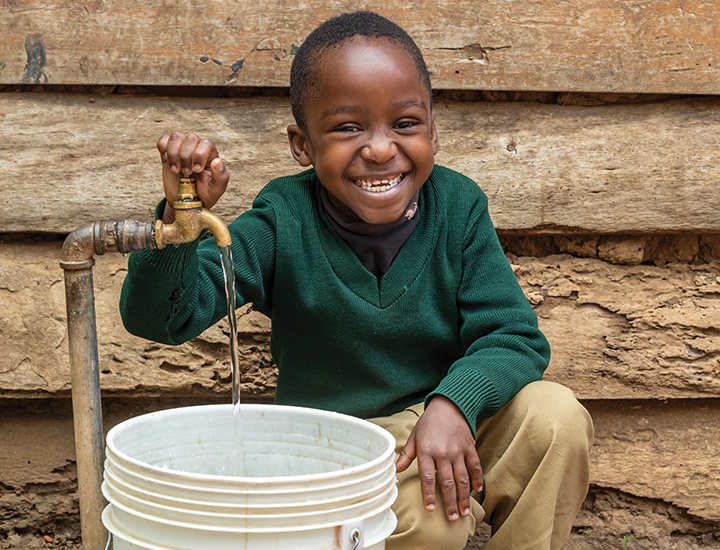
Donate today and help protect children and adults from dirty water
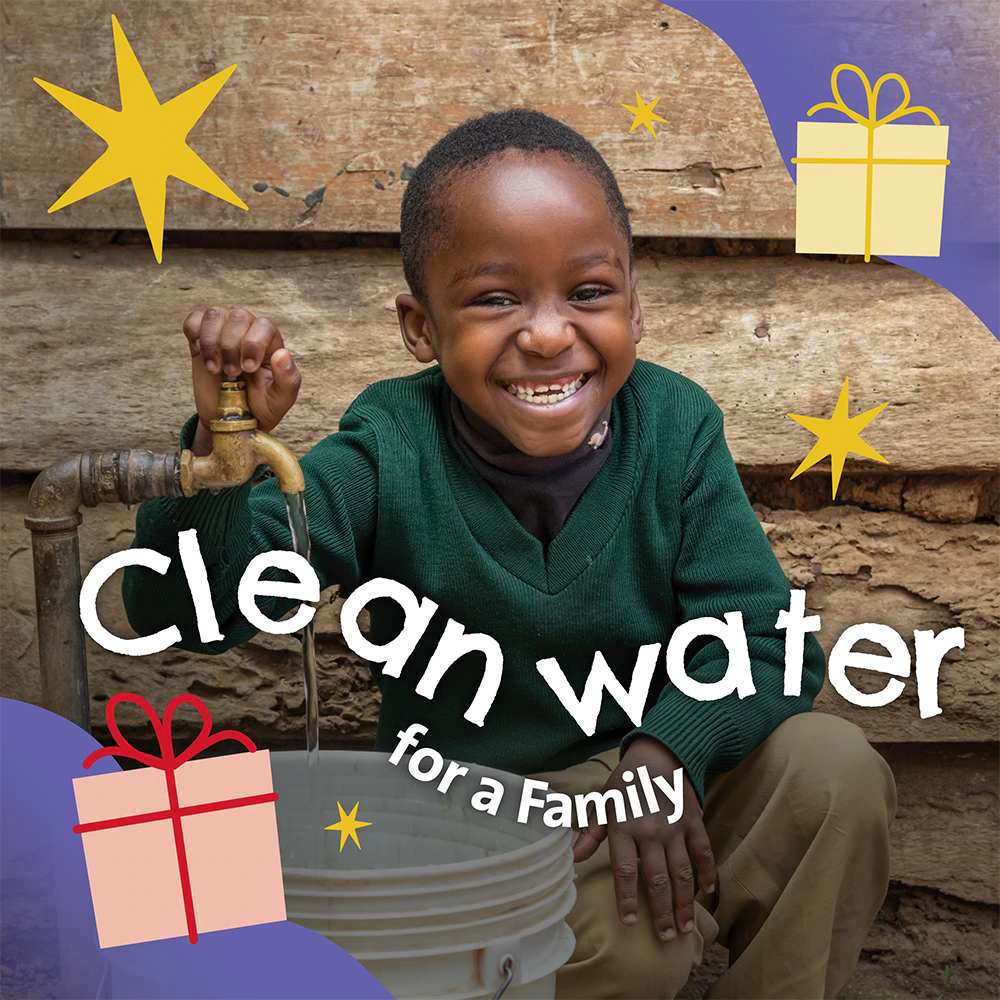
Donate clean water
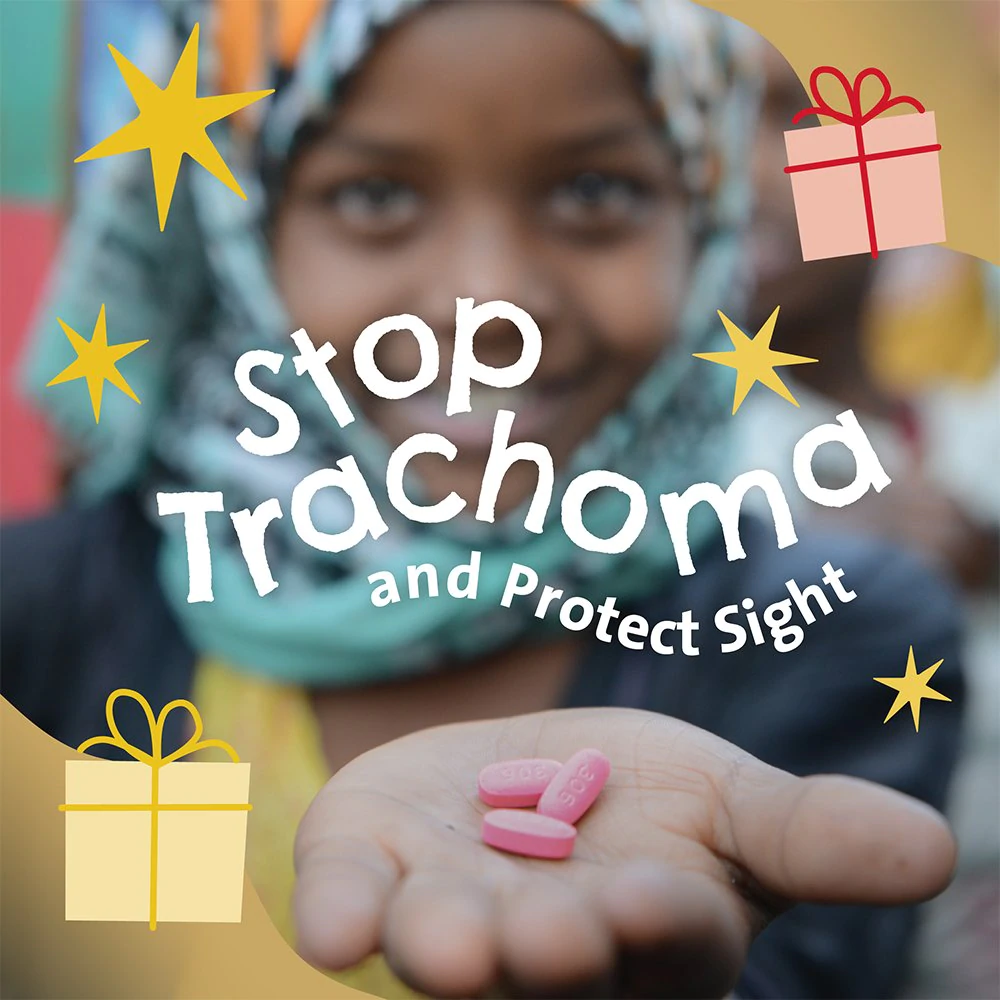
Donate to stop trachoma
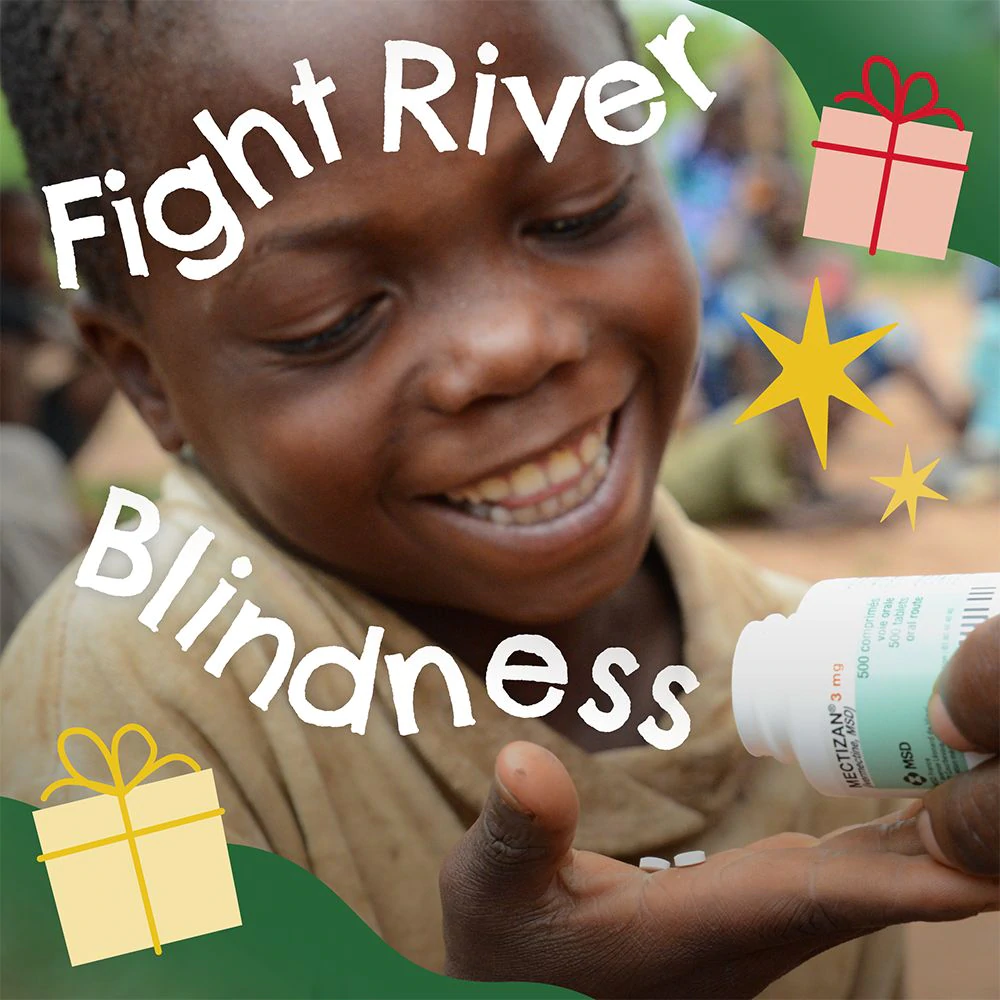
Donate to fight river blindness
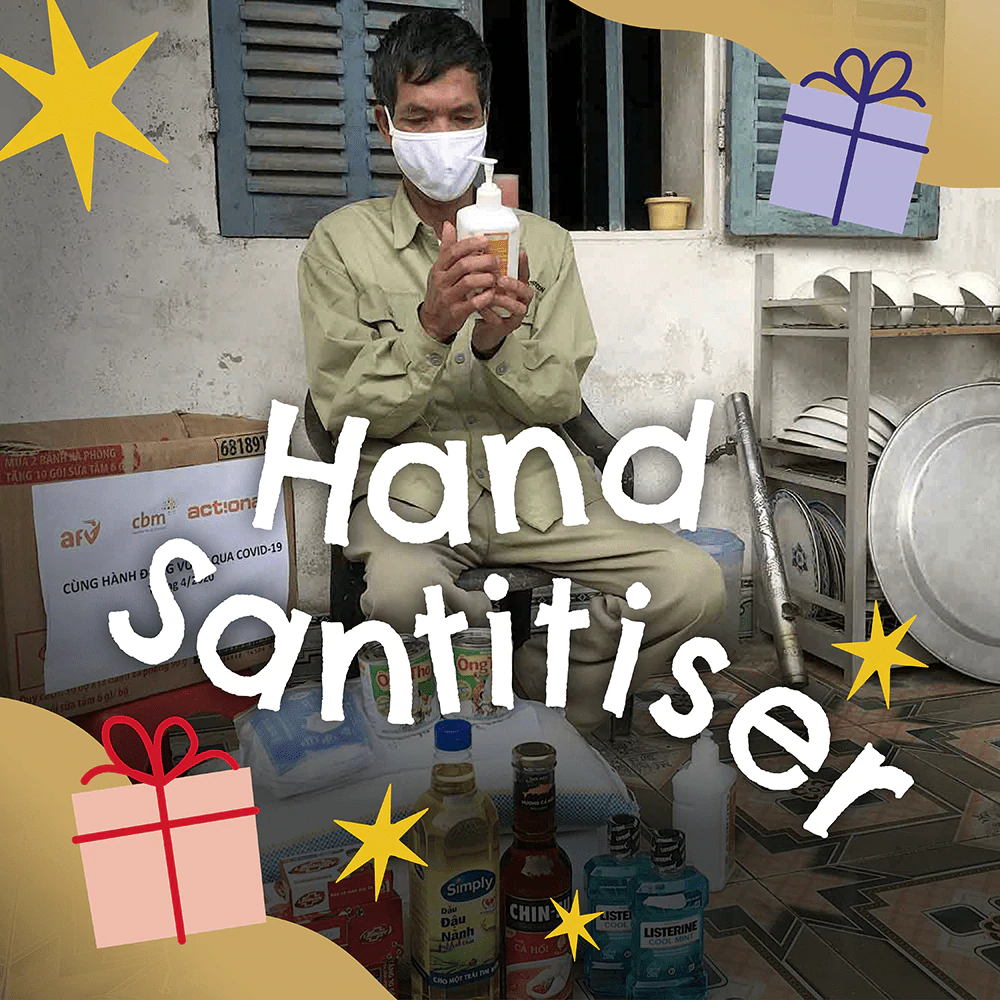
Donate hand sanitiser
The focus for 2025: preserving glaciers
Glaciers are critical freshwater sources for billions of people and ecosystems. Making glacier preservation the theme for World Water Day 2025 highlights the ongoing threats glaciers face due to climate change, and the need for global action to protect and preserve them.
Aligning with World Water Day’s 2025 theme, the United Nations Educational, Scientific and Cultural Organization (UNESCO) and the World Meteorological Organization (WMO) have declared 2025 to be the International Year of Glaciers’ Preservation.
The history and significance of World Water Day
Through a resolution adopted in December 1992, the United Nations General Assembly declared World Day for Water would be observed on March 22 from 1993 onward. This annual observance aims to raise awareness about the importance of fresh water and the need for sustainable management of this vital resource.
The UN World Water Development Report (WWDR) is released every year near World Water Day, assessing the state of fresh water resources around the world. The contents of the report assist UN member organisations in programme planning and resource allocation for the year ahead.
Since the Sustainable Development Goals (SDGs) were introduced in 2012, World Water Day serves as an opportunity to reflect on the progress made toward achieving Sustainable Development Goal 6, which focuses on ensuring universal access to safe and affordable drinking water, sanitation and hygiene.
To accelerate the rate at which this goal is achieved, the UN recognises Water Action Decade from 2018-2028. This is the international decade with a focus on a global public campaign aimed at achieving equality across water resources.
World Water Day also highlights the global water crisis and its far-reaching impacts on human health, economic development and environmental sustainability. It is a call to action for all stakeholders to work together to address the root causes of the crisis and promote sustainable water management practices.
The global water crisis
The global water crisis is a pressing issue that affects millions of people worldwide. According to the United Nations, 2.2 billion people live without access to safe drinking water, and 3.3 billion people lack basic sanitation facilities.
It’s not just a humanitarian concern but also an economic and environmental one. Water scarcity impacts agriculture, industry, and energy production, leading to food insecurity, economic losses, and environmental degradation.
Climate change exacerbates the global water crisis by altering precipitation patterns, increasing evaporation and changing the timing and intensity of extreme weather events. Rising temperatures also heighten the demand for water, intensifying competition for this limited resource.
Addressing the global water crisis requires a collective response from governments, international organisations, civil society and individuals. We must tackle the root causes, including poverty, inequality and lack of access to education and healthcare.
Investing in water infrastructure, promoting water conservation and efficiency and supporting research and development of new water technologies are crucial steps towards sustainable solutions.
WASH - water, sanitation and hygiene
We work with partners, including aid donors, NGOs, government agencies and disability organisations, providing advice on how to ensure that water, sanitation and hygiene programs are accessible to people with disabilities.

